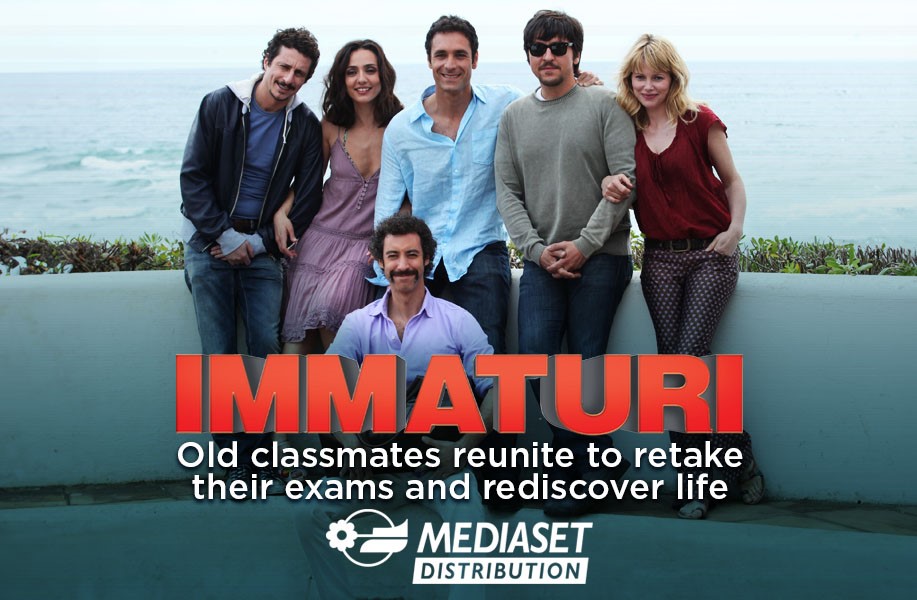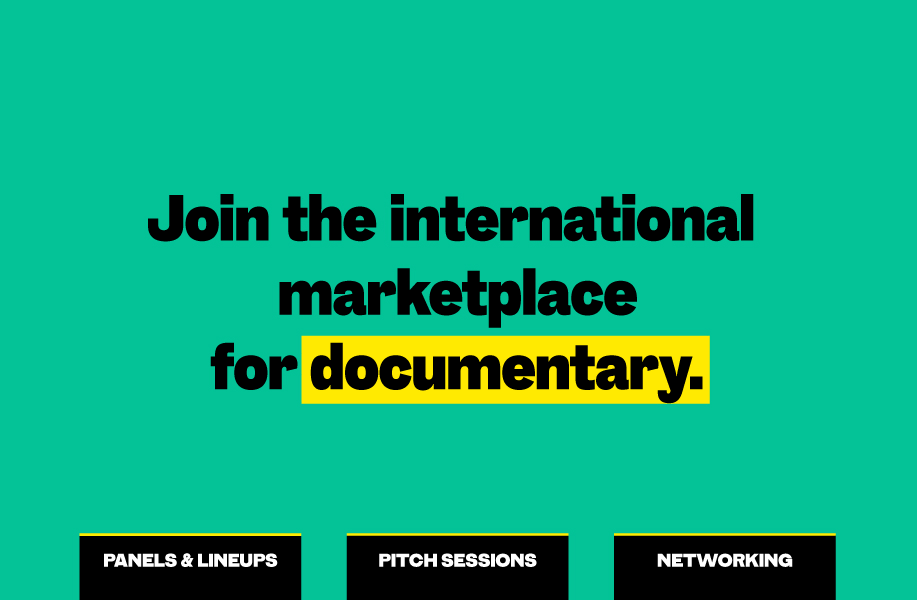The first day of Seriencamp 2025 in Cologne opened with one of the most anticipated sessions: the presentation of the Nostradamus Report 2025, delivered by media analyst Johanna Koljonen and co-organized with the Göteborg Film Festival. This annual report has become a key reference point for the international TV and film industry, offering a sharp and honest assessment of the challenges and transformations shaping the future of the audiovisual landscape.
Under the theme Invested in Resilient Industry Change, Koljonen’s presentation combined deep analysis with candid reflections on the fragile state of the world — from political instability to growing humanitarian crises — and their direct and indirect impact on the audiovisual sector.
Koljonen opened her talk with a powerful statement on the ongoing tragedies in Gaza and other conflict areas, stressing the responsibility of the industry as both a creative force and a cultural platform. “Filmmakers are still trying to tell stories even in the midst of unspeakable suffering. If we believe storytelling matters, we need to act accordingly, both as an industry and as individuals.”
The 2025 edition of the report is based on in-depth interviews with seven international experts from various areas of the business, including independent producers, public service commissioners, talent managers, and development funders. As Koljonen clarified, while the interviews inform the report, the analysis and conclusions are her own.
One of the core ideas of this year’s report is what Koljonen calls the industry’s “reality resistance.” She explained that the audiovisual sector often operates by ignoring the many external threats it faces — whether geopolitical, economic, or environmental — in order to survive creatively. However, she warned that this habit of denial is no longer sustainable. The increasing volatility of the world — from inflation to war, climate crises to political instability — is now directly affecting production, financing, and distribution, forcing the industry to become more agile and better prepared for constant disruption.
Another key theme addressed in the report is the full digital transformation of the value chain. According to Koljonen, the industry can no longer pretend that digital change is a “future” issue — it has already happened. This requires a complete rethink of how projects are developed, financed, produced, and marketed.
“Development is not just about improving scripts step by step. It must become a process of testing assumptions, gathering data, and making sure projects are designed for their audiences from the very beginning,” Koljonen said.
A particularly urgent message in the Nostradamus Report 2025 concerns the relationship with audiences. Koljonen underlined that wide, diverse audiences are the real key to both artistic relevance and financial sustainability. The industry, she warned, often produces content that aims to satisfy awards or internal benchmarks rather than connecting with viewers on a deep emotional level. “Audiences today are sophisticated. If we want to build a resilient industry, we must create work that resonates broadly, often, and with emotional depth.”
The report also highlights growing risks to freedom of expression as more countries shift towards authoritarian regimes. Koljonen warned that democratic backsliding, even within Europe, will increasingly put pressure on content creators and broadcasters. "In the next 3 to 5 years, we will either defend editorial freedom or we will be complicit in its erosion."
Despite these serious warnings, Koljonen concluded with optimism, emphasizing that this is still an extraordinary creative moment for film and television. High-quality storytelling that connects with wide audiences remains the most powerful tool for both artistic and commercial success. As she stated: “Nobody is coming to save us. If we want this industry to survive and thrive, we have to save ourselves.”


_13029.png)







